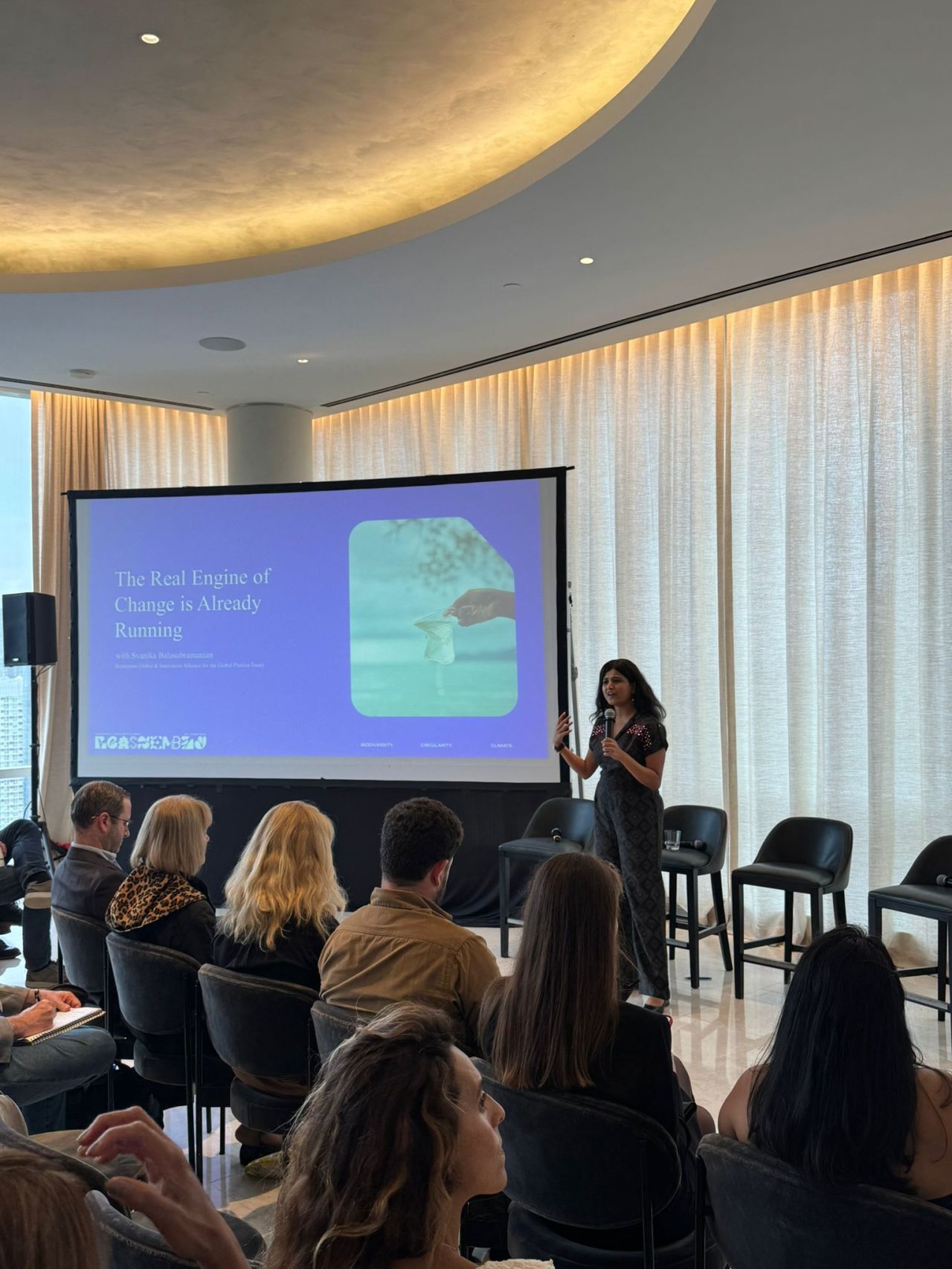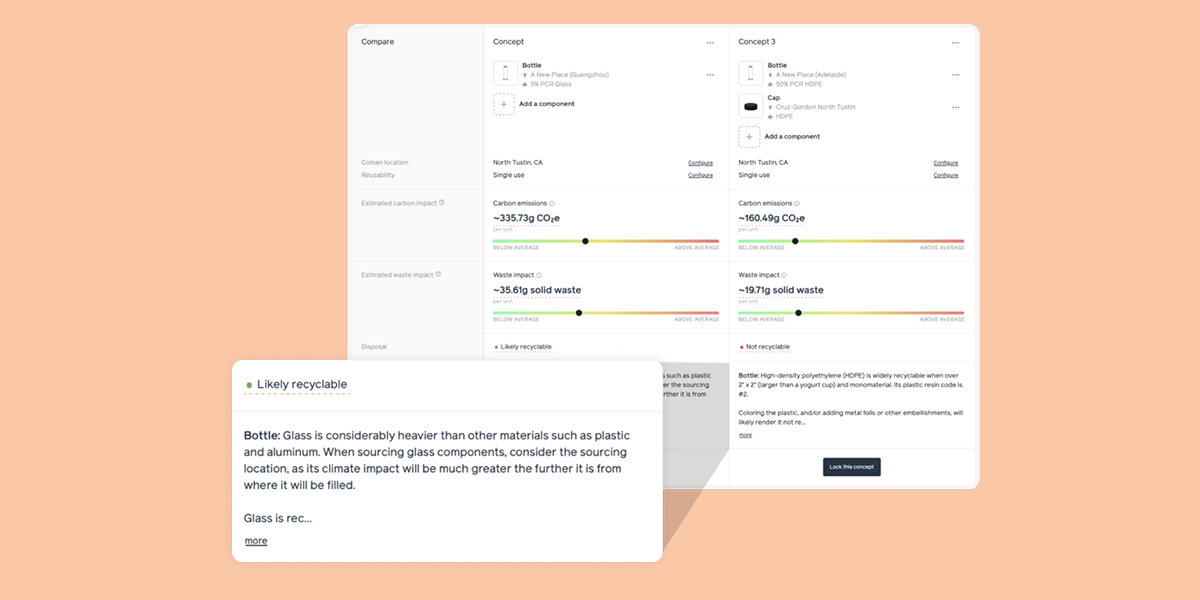Extended Producer Responsibility (EPR) for packaging is a policy approach that aims to shift the financial and operational burden of waste management from municipalities to the producers themselves. This encourages companies to design more sustainable packaging, reduce waste, and improve recycling rates.
Implementing EPR involves several key steps:
- Assessment: Evaluate the environmental impact of your packaging materials.
- Redesign: Innovate to create packaging that is easier to recycle or reuse.
- Collaboration: Work with recycling programs and other stakeholders to ensure effective waste management.
- Compliance: Stay updated with local and federal EPR regulations to avoid penalties.
By embracing EPR, companies can play a pivotal role in creating a more sustainable future while also benefiting from a more efficient and responsible business model.
Covered Entities Decoded in Simple Terms
In the context of Extended Producer Responsibility (EPR) for packaging in the United States, "Covered Entities" refer to producers who are legally obligated to manage the end-of-life stage of their packaging materials. These entities are typically brands or companies that manufacture, import, or sell products with packaging that falls under state-specific EPR laws.
To determine if a company is a covered entity, it must review the producer definitions outlined in each state's EPR legislation. For instance, in Oregon, covered products include packaging, printing and writing paper, and food service ware. The responsible producer is often the brand owner or the entity that imports the product into the state. Similarly, in Colorado, the definitions and obligations are detailed in state guidelines, which help businesses identify their responsibilities.
Compliance involves several steps, including registration, reporting, and fee payments. Producers must register with designated Producer Responsibility Organizations like the Circular Action Alliance, submit regular reports on their packaging materials, and contribute financially to recycling and waste management programs.
Getting Started: EPR Compliance Resources for SMEs
The EPR compliance hub from rePurpose Global can automate in 1-click what would otherwise take you over 3 months of manual effort. It quickly compiles CAA reports, estimates fees and tax liabilities, and keeps you updated with emerging regulations, including labeling laws, PCR mandates, and over 90 packaging regulations in North America. With Oregon's reporting deadline on March 31st, immediate action is crucial to avoid financial penalties.
Reach out to us for a stress-free, reliable solution.



.avif)
.png)







